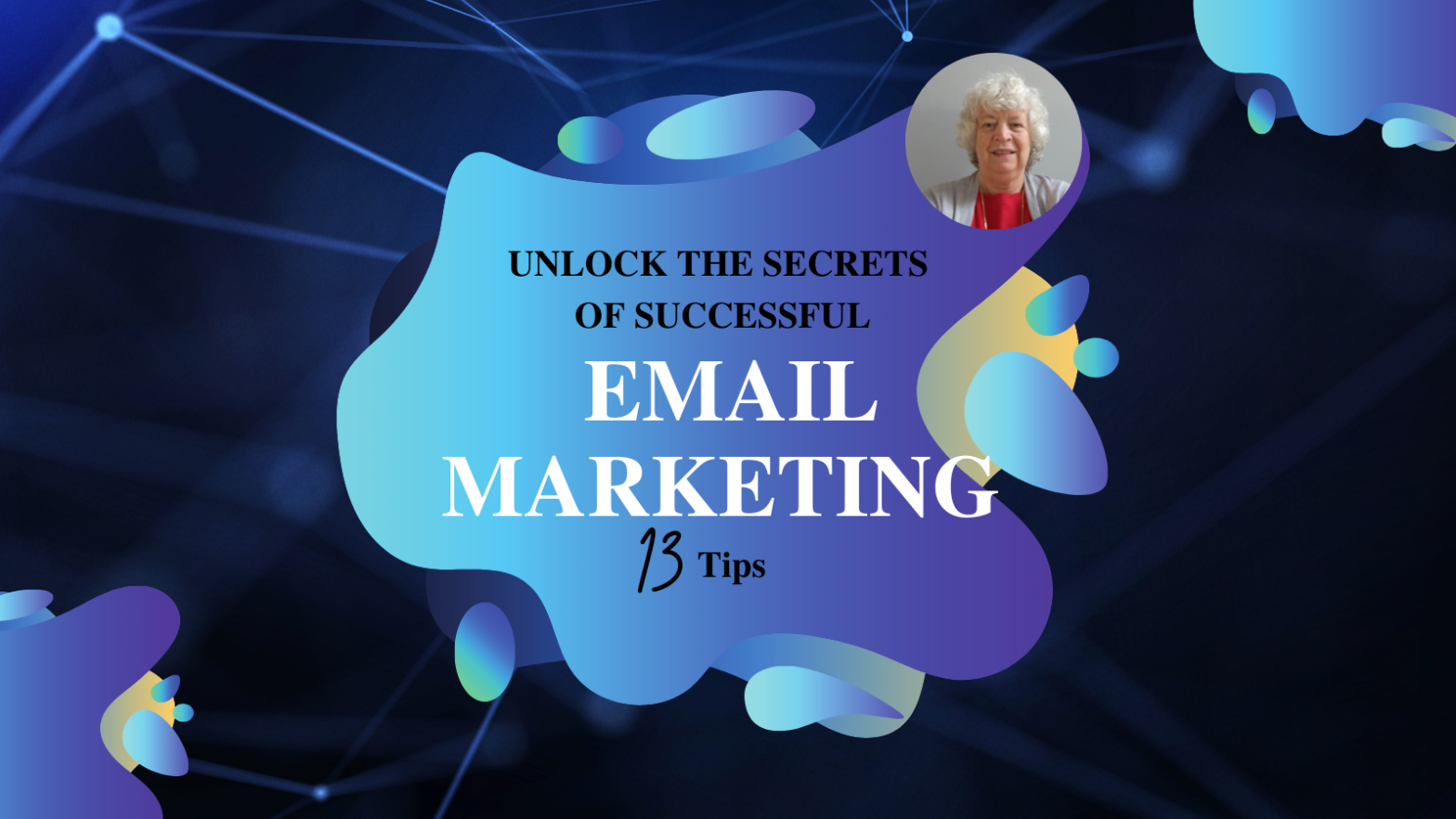No matter what type of business you have, you need a target market. There are people who want and need your products or service, and the goal of your content marketing efforts is to connect with them. One of my first questions I ask during a content marketing consultation is, “Who is your target market?” I am surprised by a variety answers ranging from “I don’t know” to “Everyone!” Both of these answers lead to a ‘shot gun’ approach to marketing. For those of you not familiar with fire arms, when you shoot a shot gun, the shell explodes and releases an array of projectiles. Compare this to a rifle which only releases one bullet hopefully with laser accuracy, depending on the marksman. Using this shot gun approach to marketing will not achieve your desired return on investment.
What Is a Target Market?
A target market is a group of people that have related characteristics and needs, and to whom you direct your marketing efforts. It’s a specific audience. Target markets are defined by demographics such as age, gender, location, economic group, social status, family situation, country and language. A few examples of businesses with target markets would be:
- An online community that targets working moms over 30
- A coaching program that targets retirees in the southeast United States
- A new book whose target market is young families
- A speaker series that targets teens who see themselves as ‘alternative’
- A teleseminar that targets people in cold areas
- A blog that targets new entrepreneurs
You’ll notice that in the examples above, not all the information is demographic. For example, take teens that see themselves as ‘alternative.’ Other factors in target markets include psychographic data, like how your audience sees themselves or see the world around them. This is just as important as demographic information.
Why Laser-Target Your Market?
 In marketing, there is no in-between. You either hit or miss. If you don’t target your market perfectly, you’ll waste your advertising dollars broadcasting your message to the wrong people. Again, to take an example from above, a coaching program that targets retirees in the southeast United States would be pretty ineffective if it showed teens snowboarding and loud punk rock music.
In marketing, there is no in-between. You either hit or miss. If you don’t target your market perfectly, you’ll waste your advertising dollars broadcasting your message to the wrong people. Again, to take an example from above, a coaching program that targets retirees in the southeast United States would be pretty ineffective if it showed teens snowboarding and loud punk rock music.
Your target market needs to be specific, because you can’t make everyone happy. If you cast your net too wide, you’ll be speaking to people who have no interest in your products or services. They’ll just tune you out like white noise in the background.
Benefits and Solutions
The key to successful marketing is to identify your market’s pain or problem and offer a solution. If you know exactly who they are, you can communicate your product’s benefits and the results they can expect in a language they understand. Tell your target market of retirees that in your coaching program you will help them deal with empty nest issues. Tell your alternative teens that they don’t need to fit in with the nerds.
One added benefit is that your target market can relate to each other. By identifying them and marketing to them, you can create a ‘tribe’ based around common interests. This is especially powerful online, where people spend a great deal of time on social networking sites, forums, and blogs.
When defining your target market, be careful about making assumptions. Marketing is a science and you need to look for objective data. Research your target market and they’ll tell you what they like, what they think, and what they want from you.




Leave a Reply